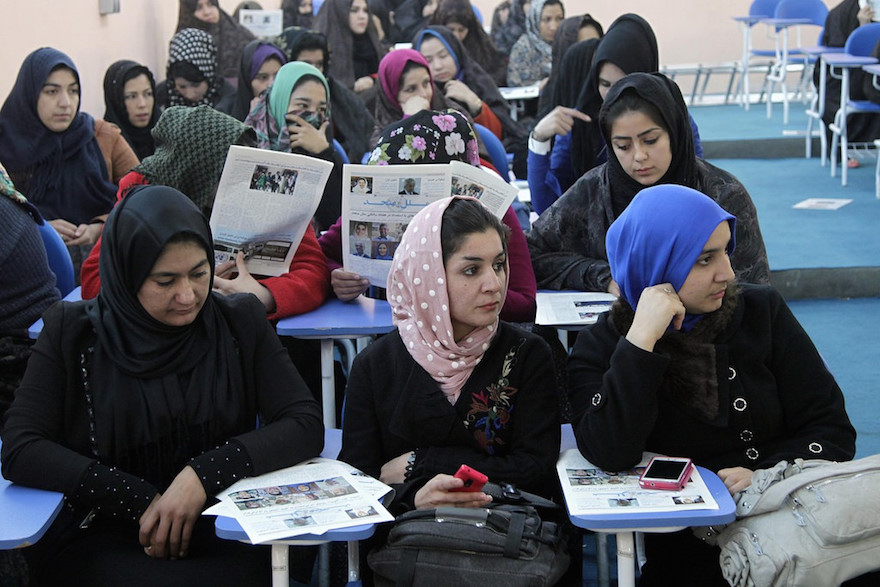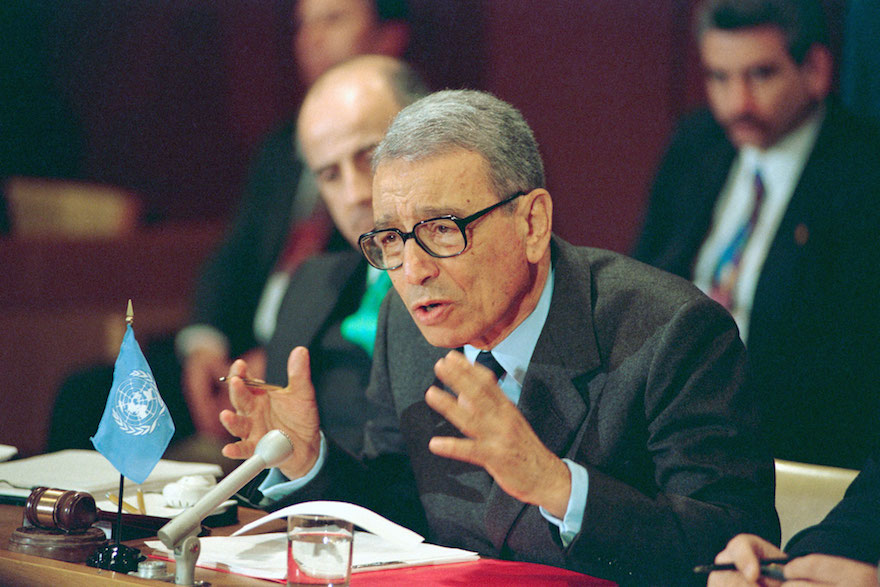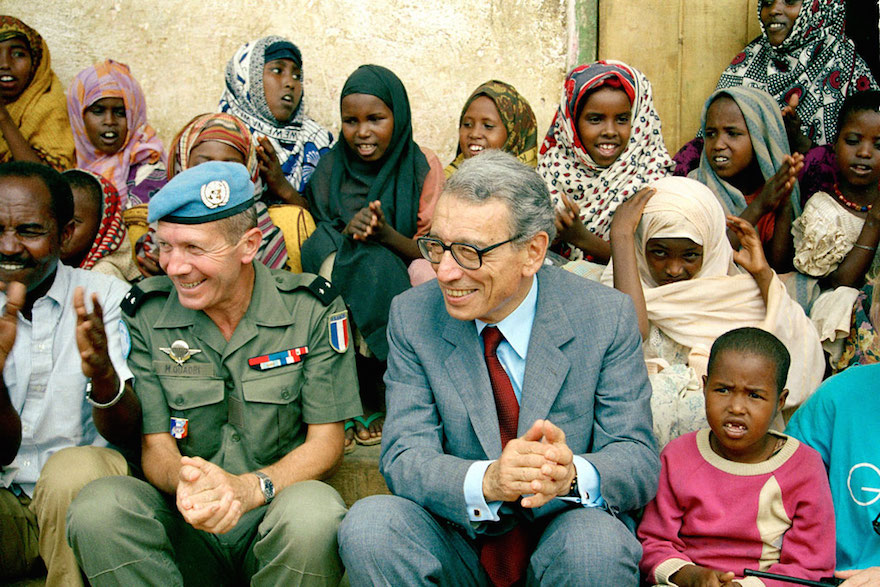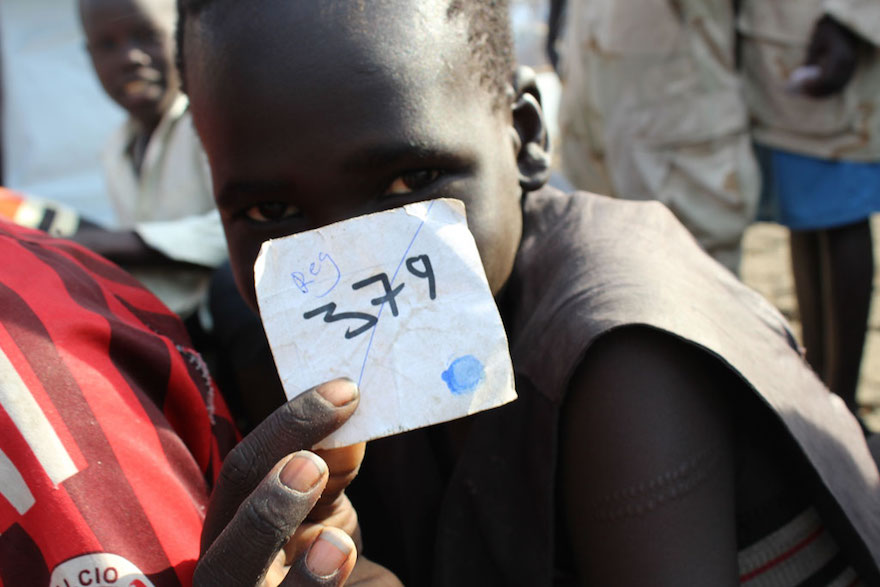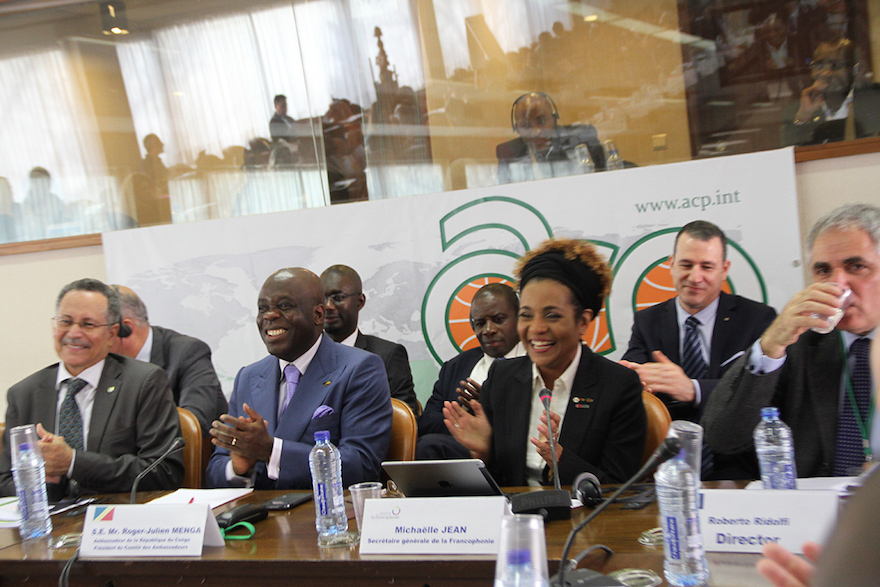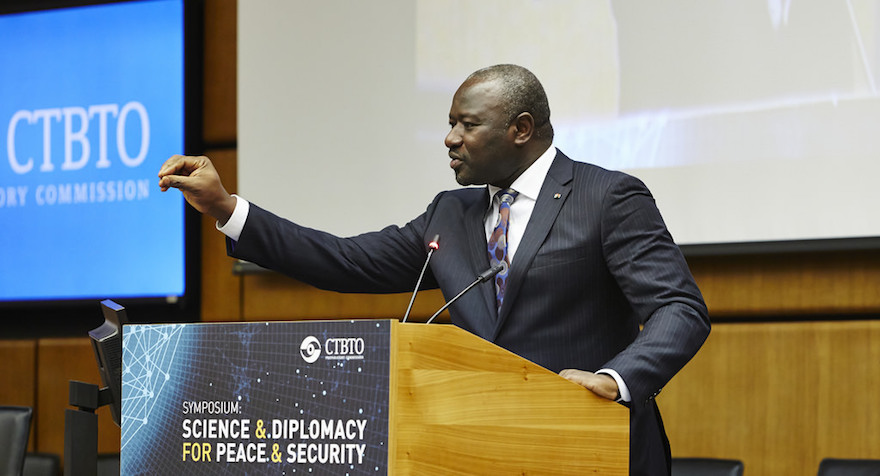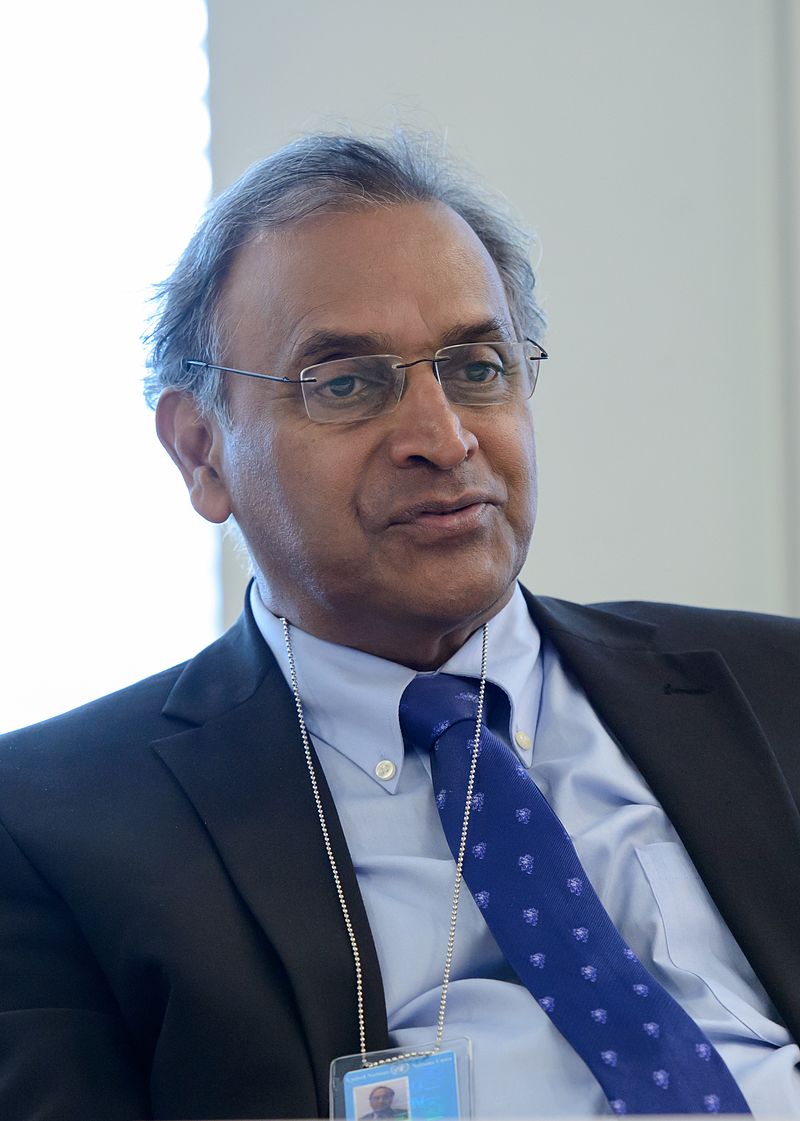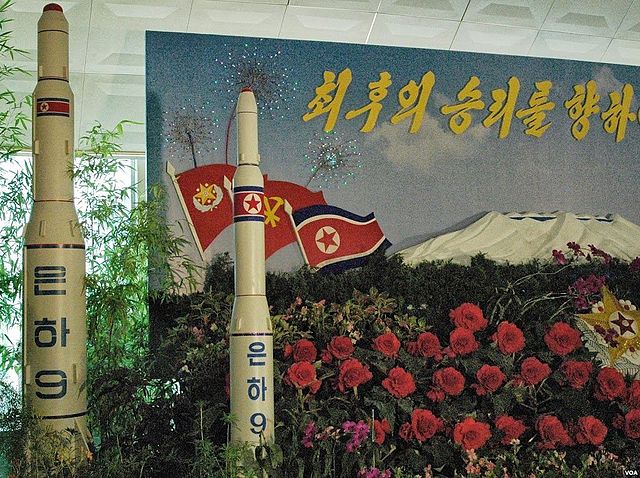NEW DELHI | KABUL (IDN) – The ongoing conflict in Afghanistan is causing extreme harm to the civilian population and taking huge toll particularly on women and children, says the United Nations Assistance Mission in Afghanistan (UNAMA), which blames anti-government elements such as the Taliban and Islamic State, the country’s government and the international military forces.
Civilian deaths and injuries caused by pro-government forces resulted in 17 per cent of civilian casualties – 14 per cent from Afghan security forces, two per cent from international military forces, and one per cent from pro-government armed groups.

